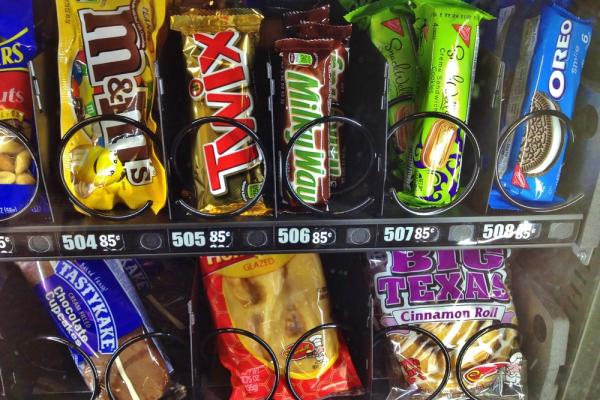I love Dave Ramsey’s Financial Peace coursework. It put our family on stable financial footing years ago, and Amy and I never fight about financial matters any more. We find plenty of other things to fight about, but that’s a different post, I suppose.
Ramsey has come under fire recently for a list of “Rich People Habits” he posted on his blog. The list was compiled by Tom Corley at a site called RichHabitsInstitute.com, which is intended to track what people of means do differently in daily life than the rest of us (aside from brush their teeth with platinum-bristled brushes, since that one’s a given).
On the one hand, I’ll agree that observing a cohort of people you want to emulate and learning from their habits makes a lot of sense, but I can see why Ramsey and Corley have caught so much heat for comparing habits of “poor people” with those of the wealthy.
There are two problems that I see. First, though Ramsey tends to be an advocate for the poor with regard to pushing back against usury lending and the like, he draws many false correlations between the habits listed below and the fact that folks who practice them are in poverty. In fact, in a recent defense of the post, Ramsey reiterated this point, writing, “This list simply says your choices cause results. You reap what you sow.”
The other concern the list raises for me is that it appears to be blind to the inherent privilege linked to the habits, as if all people had equal access to such practices and resources. Not so, Dave. Below I’ve shared several of the 20 habits on the original list (which can be found here), followed by my thoughts on where they fall short.
Read the Full Article

